Meet the Cohort
Cohort 1:

v.apea@qmul.ac.uk
Supervisor- Dr Paparini
I am an experienced sexual health physician based at Barts Health NHS Trust and am the deputy academic lead for equality, diversity and inclusion within Queen Mary University of London’s School of Medicine and Dentistry.
I am a member of the London Fast-Track Cities Initiative stigma subgroup working to get London to zero HIV stigma. I am also the medical director of NAZ, a charity advocating for high quality sexual health and HIV support services for racially minoritised communities. I held a Fulbright scholarship and received a Masters in Public Health from Harvard University.
I am passionate about reducing inequalities in healthcare. I have made this a central focus of my clinical work and received an NHS 70 Windrush Award for my contribution to improving health equity. My PhD will examine the conversational strategies used by clinicians and patients in consultations involving women of Black African and Caribbean heritage, and their associated contextual dimensions. I aim to identify good practice that might enable more collaborative and effective conversations and improve the experience and outcomes of care in these groups.

fred.baron@city.ac.uk
Public Health MSc
I read philosophy at Cambridge University, and initially pursued a career in public policy and public relations. I retrained in physiotherapy at King’s College London, graduating in 2013. Since then, I have specialised in treating with people with neurological conditions, working in London at Homerton Hospital and the National Hospital for Neurology and Neurosurgery. Through working with diverse communities in London, I have developed an interest in the cultural factors which influence engagement in exercise and physiotherapy, and how these can lead to health inequalities in different groups. Completed the HARP Pre Doctoral programme in summer 2023.
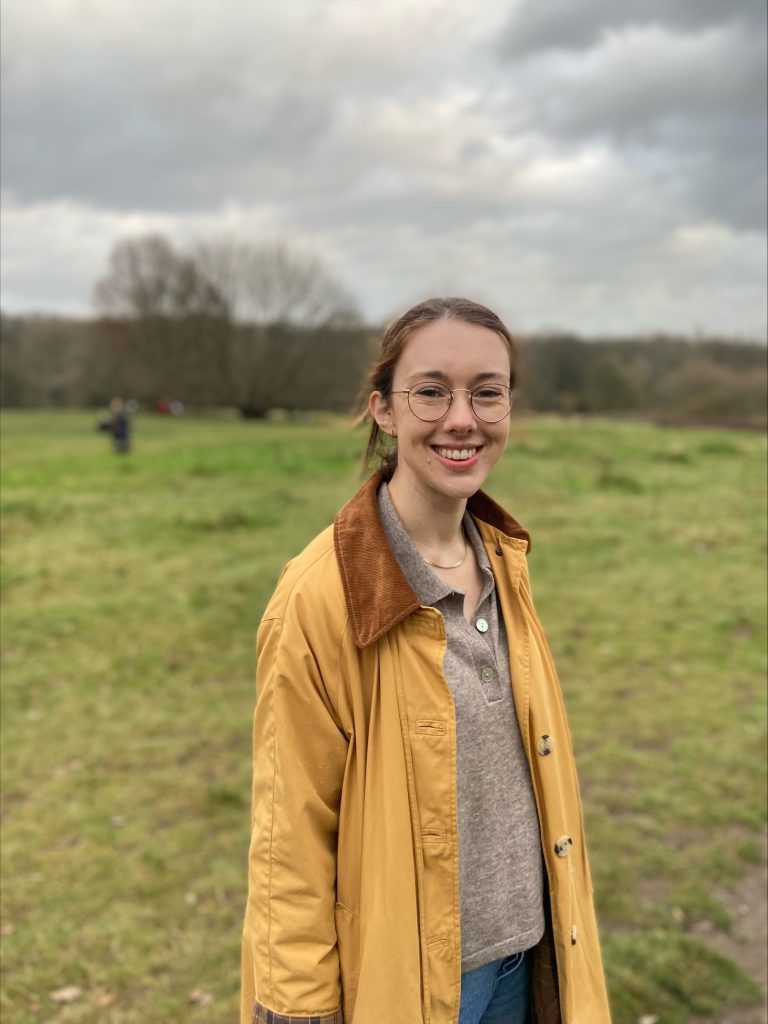
jillian.barry@nhs.net
Public Mental Health MSc
My name is Jilly. I have just completed my first year of psychiatry training at ELFT. My main area of interest is in perinatal mental health. During this pre-doctoral fellowship I plan to work with PI’s on current research at the Unit for Social and Community Psychiatry (QMUL) and Centre for Maternal and Child Health Research (City University), alongside completing a Master’s in Public Mental Health. I love HARP’s ethos of conducting research in underrepresented groups and I can’t wait to start and meet other students/academics. Completed the HARP Pre Doctoral programme in summer 2023.
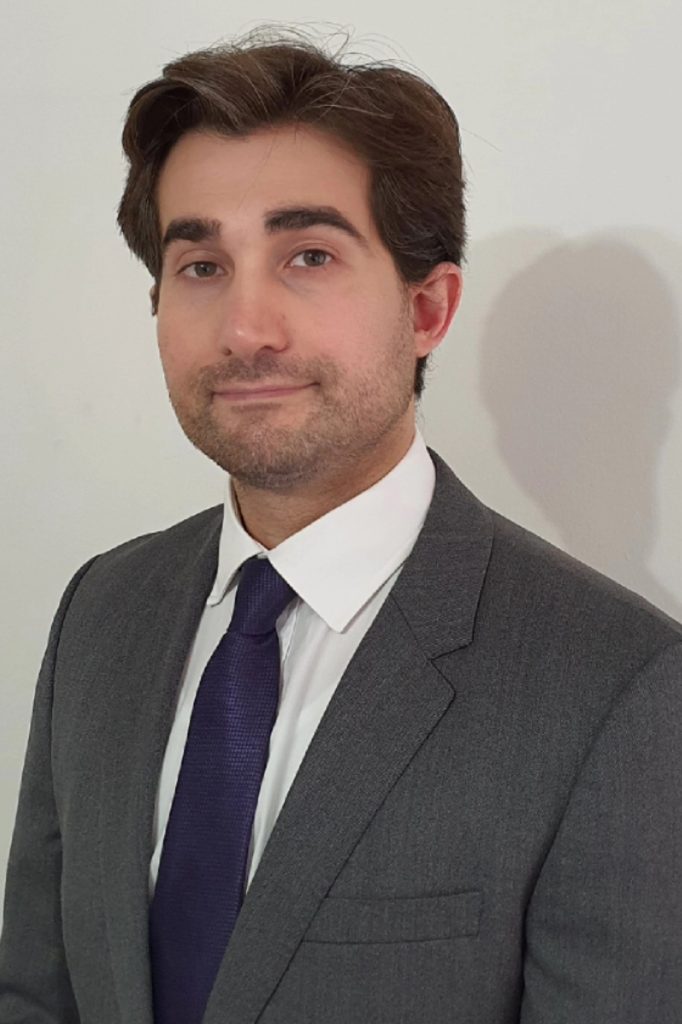
hamzah.farooq@qmul.ac.uk
Supervisor- Prof Foster
I am a Specialist Registrar and early clinical academic in Infectious Diseases, Virology and Tropical Medicine. I hold a Masters in Tropical Medicine and Infectious Diseases from the Liverpool School of Tropical Medicine and have a special interest in blood-borne viruses, emerging infections and global health medicine. My research career aim is to contribute to the control of infectious diseases in high-burden settings through operational research and evaluation of novel diagnostics and therapeutics.
My PhD project, supervised by Professor Graham Foster, Dr Jessie Cooper, Professor Shashi Hirani and Professor Chris Griffiths, is focused on identifying barriers and strategies for liver cancer screening and investigating epidemiological and genomic risk factors in Hepatitis C people of Pakistani heritage.
I have experience in humanitarian and global health medicine in Lesvos, Greece assisting with the Syrian refugee crisis in 2016 and am the Infection co-ordinator for the NGO, INTERYem. In recognition of my work, I was awarded the Furness Prize in Science Communication in 2020 by the Royal College of Pathologists.
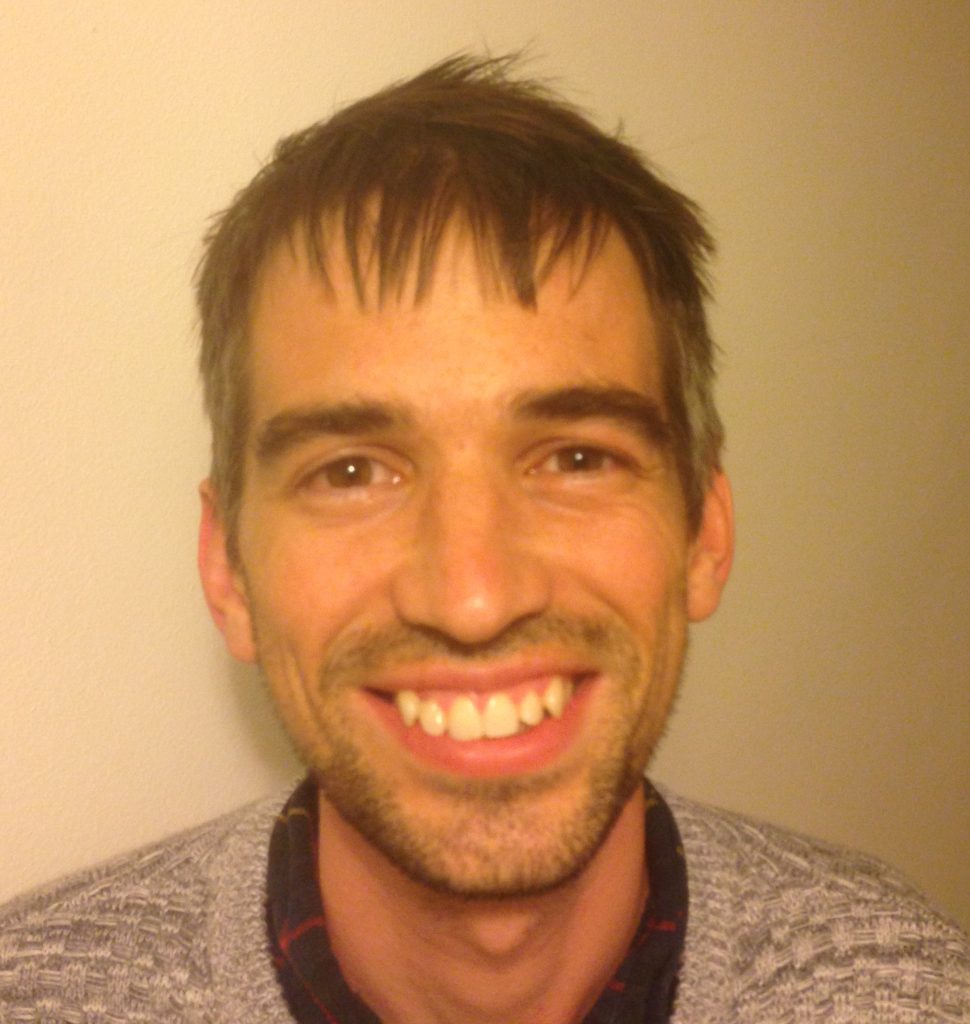
s.p.hibbs@qmul.ac.uk
Supervisor- Prof Swinglehurst
I have been training as a haematology registrar in East London for the past five years. Research in haematology tends to focus on molecular mechanisms of disease or clinical studies with quantitative outcomes; in contrast, my interests have been in how patients and caregivers make meaning out of illness and healthcare experiences. I am interested in how different perspectives can deepen our understanding of these experiences, and I have previously co-produced research, conference presentations, publications and teaching resources with patients and non-traditional contributors.
Patients with sickle cell disease often experience stigma, disbelief and uncompassionate care in hospital. My PhD aims to understand what would constitute good care in hospital for patients experiencing sickle cell crises, and to identify the barriers to achieving this. I will be investigating the experience of patients from the decision of whether to come to hospital at all, their interactions once in hospital, and post-discharge care. I am also investigating the healthcare professional experience of caring for a patient in sickle cell crisis. I aim to understand how these experiences interact with the context of policies, protocols and guidelines. My approach will be through a combination of ethnographic observation, in-depth interviews, and documentary analysis. The research will be co-produced with several people living with sickle cell disease, who will contribute to research design, data analysis, and the dissemination of findings.
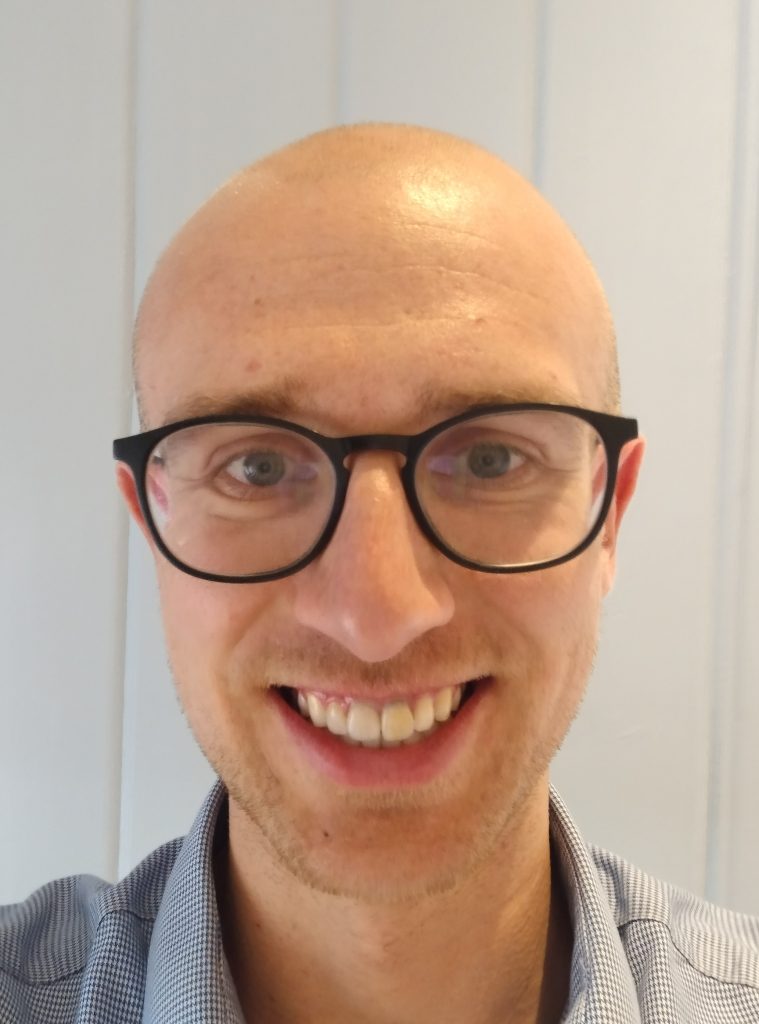
s.hodgson@qmul.ac.uk
Supervisor- Dr Finer
I’m an NHS GP and researcher interested in how genetics can help manage chronic, long-term conditions like type 2 diabetes in primary care. I completed undergraduate training at Oxford University Medical School before moving to the University of Southampton for combined clinical and academic training on the NIHR’s Integrated Academic Training scheme. While completing my GP training as an ACF, I studied for an MSc in Genomic Medicine at the University of Exeter, and began collaborating with the Genes & Health group at QMUL.
Genes & Health is a long-term study of British Pakistani and Bangladeshi individuals combining GP and hospital electronic health records with state-of-the art genetic testing. Working as part of a fantastic team during my ACF, I helped show that genetic information in the form of polygenic risk scores can improve prediction of type 2 diabetes and its complications, and aid in better understanding the aetiology of type 2 diabetes.
During my PhD, I will build on this work to explore how genetic information, combined with electronic health records, can help understand and guide interventions in people who have more than one chronic, long-term condition (multimorbidity). Collaborating with genetic researchers at the Sanger Institute and working within the Genes & Health group, I will describe how patterns of anxiety, depression, hypertension, type 2 diabetes, and other cardiometabolic conditions develop across the life course in British Pakistani and Bangladeshi individuals, and explore how genetic information could help identify individuals at high risk of these conditions or their complications. This work will provide a platform for targeted prediction and intervention studies in under-represented groups typically not included in genetic research studies.
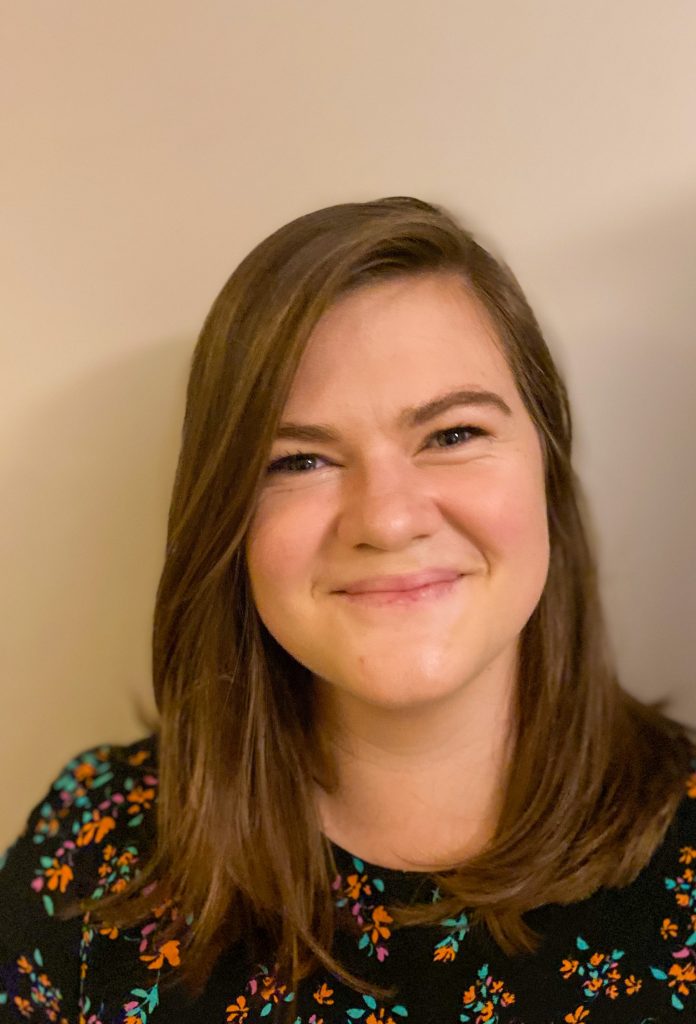
Kirsten.Prest@city.ac.uk
Supervisor- Prof Harden
I am a paediatric occupational therapist with an interest in supporting parents and carers of children with disabilities across a variety of contexts both in the UK and South Africa. I recently completed a Masters in Evidence-Based Healthcare at the University of Oxford where I conducted a study exploring the impact of play-based groups for children with disabilities on maternal wellbeing. My doctoral research will focus on co-adapting the Ubuntu programme for an ethnically diverse and disadvantaged urban London context. The Ubuntu model is a community-based participatory caregiver training intervention that has been developed and successfully tested in resource-limited settings such as Uganda, Ghana and Bangladesh, and has been implemented globally. Evaluation has demonstrated improvements in parental quality of life and self-efficacy. After co-adapting this intervention for a UK context, I aims to pilot test the acceptability and feasibility with two groups of families, to inform a larger-scale evaluation of the intervention in the UK.
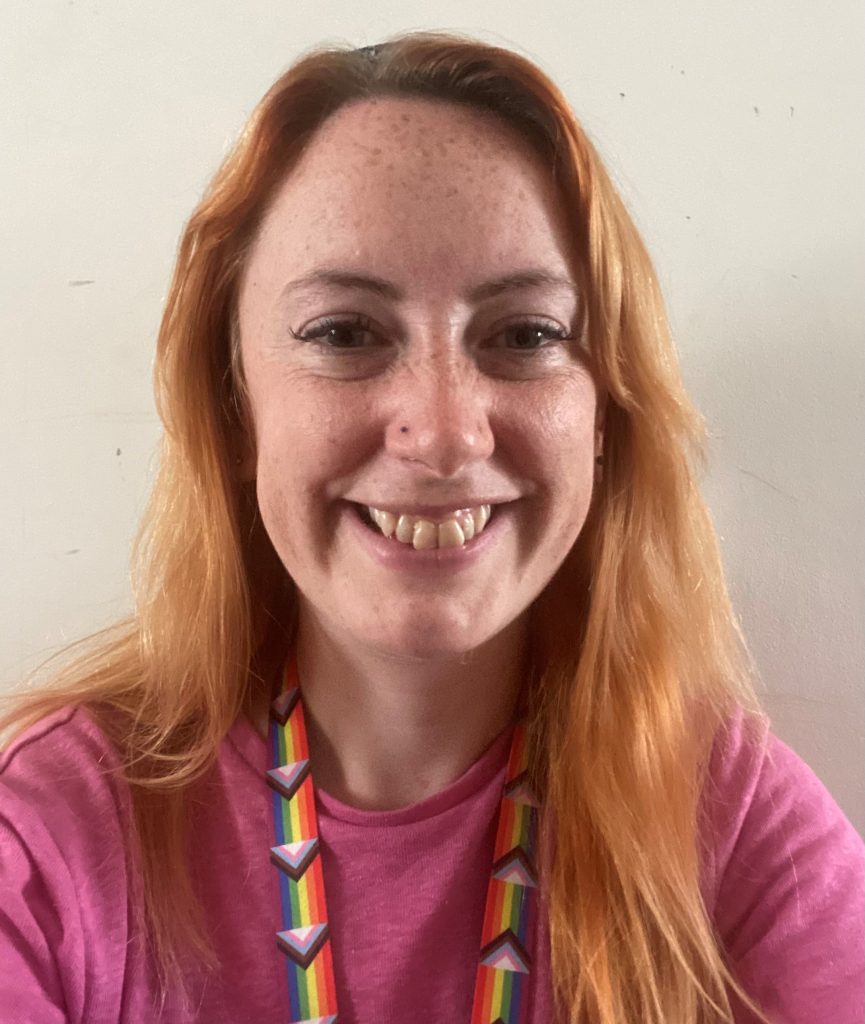
Lucy.Rodgers@city.ac.uk
Supervisor- Prof Herman
I have worked in the NHS as a paediatric speech and language therapist since qualifying in 2008. I have an interest in co-occurring conditions and the impact of multiple vulnerabilities on a child’s long term outcomes. As part of a NIHR funded pre-doctoral fellowship, I worked with families and clinicians to identify my PhD research question.
My PhD will identify the content, format, and process of delivery of an intervention for pre-schoolers with co-occurring features of a Speech Sound Disorder (SSD) and Developmental Language Disorder (DLD). To achieve this, I will integrate linguistic theory and behavioural science with the preferences of clinicians and families. The project steering group will consist of representatives from marginalised communities who are under-represented within intervention development research.
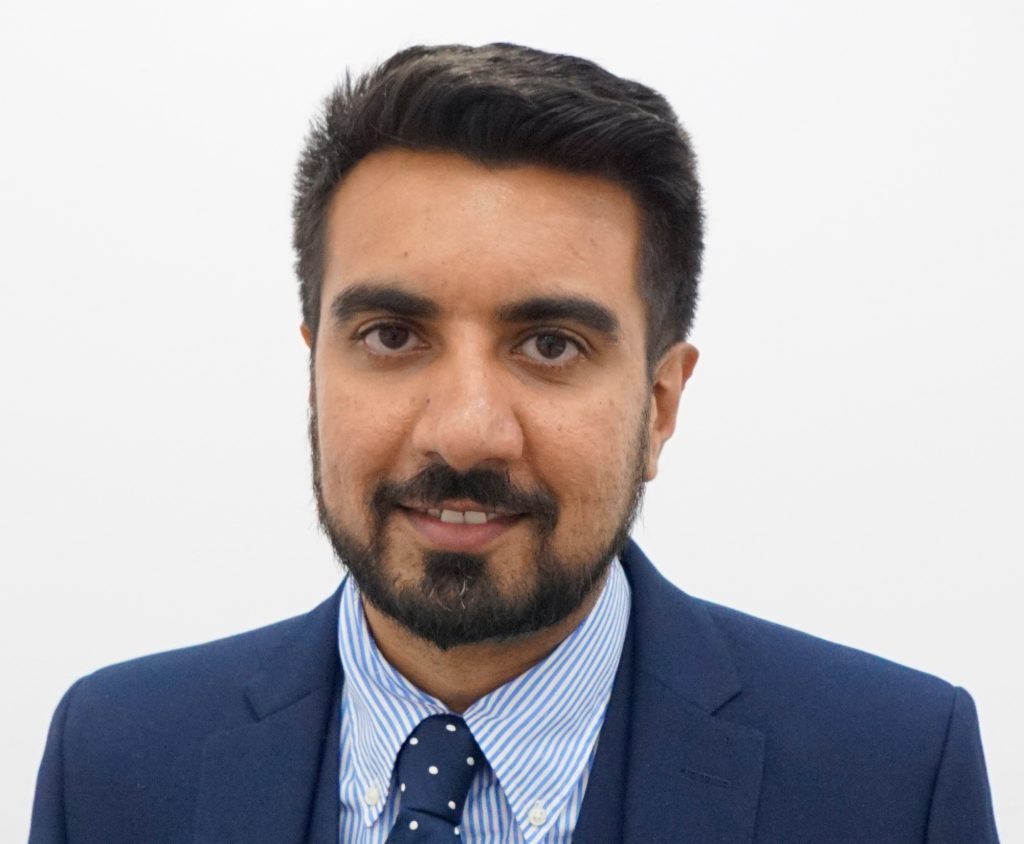
j.a.sharif@qmul.ac.uk
Supervisor-Prof Chapple
My name is Jalil-Ahmad Sharif, an ST6 Registrar in Intellectual Disability Psychiatry. By having worked in my Psychiatric subspeciality, I saw that the patient cohort I treat, had limited pharmacological options beyond treatments for behaviour of challenges and mental health problems, thus the underlying cause for Intellectual Disability was either undiagnosed or rare and hence currently not treatable. Subsequently this increased my interest in genomics and neuroscience. I initially furthered my neuroscience knowledge alongside my core psychiatry training by completing an Applied Neuroscience PgCert at Kings College London, I subsequently commenced a Genomic Medicine MSc at Exeter University and transferred to Imperial College London to complete the MSc. I will be joining Professor Paul Chapple’s laboratory for my PhD project, where I will develop cellular models of rare causes of autosomal recessive cerebellar ataxia manifesting with intellectual disability to investigate pathological cellular pathways and potential druggable targets. I am looking forward to researching these rare causes of neurodevelopmental disorders and orphan diseases.
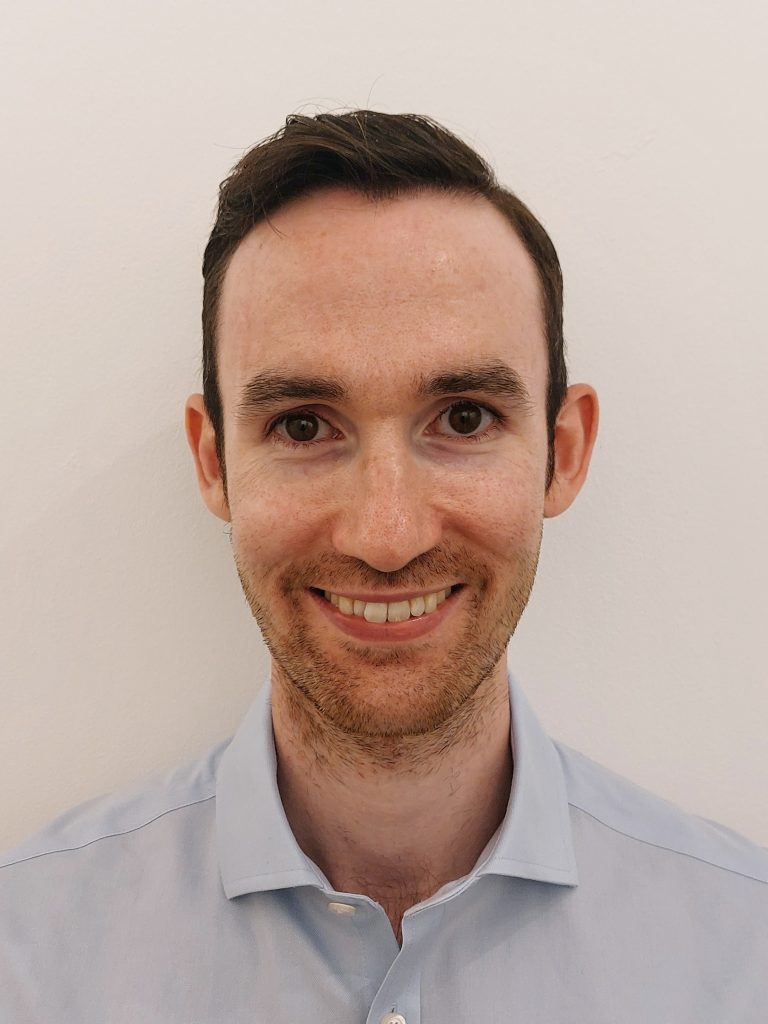
a.j.sullivan@qmul.ac.uk
Supervisor- Prof Ahluwalia
I am a Cardiology Registrar based in the North East London Deanery. I obtained my primary medical degree (MBBS) at King’s College London in 2016, achieving three distinctions, and an intercalated BSc (1st Class Hons) in physiology with basic medical sciences in 2013. I achieved membership of the Royal College of Physicians in 2019.
I am undertaking my PhD fellowship at the William Harvey Research Institute, Queen Mary University of London, under the supervision of Professor Amrita Ahluwalia and Dr Krishnaraj Rathod. My research is aimed at gaining a better understanding of differences in coronary artery disease between females and males, with a specific focus on investigating whether inflammatory resolution is dampened in women who suffer with coronary artery disease (Resolve-CAD).
Cohort 2:
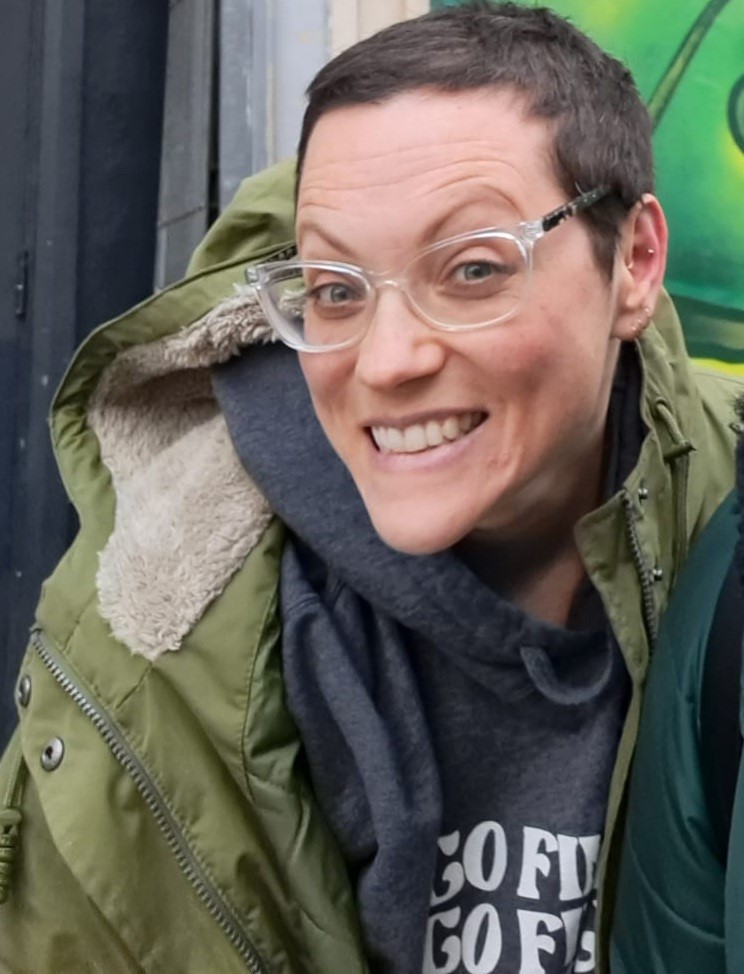
shoshana.burke@qmul.ac.uk
Supervisor- Dr Rouault-Pierre
I am a specialist registrar in Haematology working in East London for the last 3 years, and prior to that have had 2 years basic science research experience and completed a Masters of Public Health in population health in New York City. My research combined my love for public health, bench science and haematology and is on Myelodysplastic Neoplasm (MDS) – the most frequently occurring malignant haematological disorder in the over 70s. As MDS is an illness predominantly of the elderly, there are few clinical trial options and intensive chemotherapy/stem cell transplant is often not possible or offered due to patient co-morbidities. Low-risk MDS is even less represented in research as curative options are not explored, even though patients living with low-risk MDS have their lives severely impacted by anaemia. There is an unmet need to develop new therapeutic approaches for these patients and a paucity of pre-clinical models that prevent development of new therapies. My research, building on the foundation of the research of my supervisor Dr. Kevin Rouault-Pierre, will be using standardised pre-clinical modelling of MDS to help this under-represented group live longer and better. The great impact that research can make on improving the quality of life for patients without a curative aim is often overlooked.
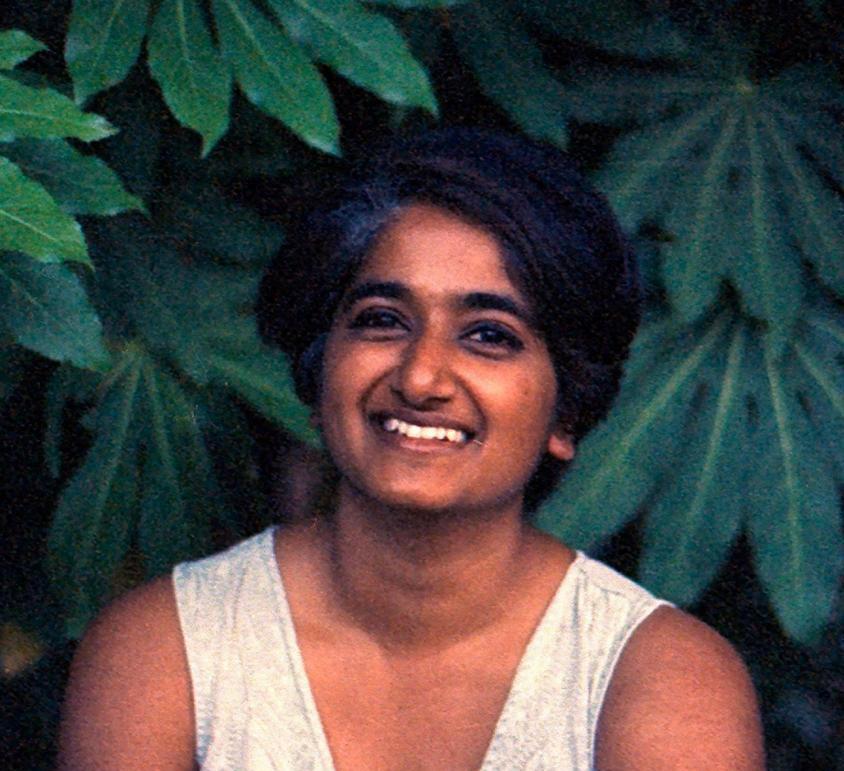
s.chandran@qmul.ac.uk
Supervisor: Prof Martineau
I am a London-based higher specialist trainee in Microbiology and Infectious Diseases. I obtained my primary medical degree (MBBS) at University College London in 2014, alongside an intercalated BSc in International Health. I achieved a masters with distinction in Tropical Medicine and International Health from the London School of Hygiene and Tropical Medicine. During this period, I collaborated on a case-control study investigating community transmission of MDR-TB and identified potential hotspots for MDR-TB transmission using GPS in Lima, Peru. I have developed a particular interest in Tuberculosis through my clinical and academic work, and my research interests are focused on TB transmission and prevention.I am undertaking my PhD fellowship at the Blizard Institute at Queen Mary’s University of London, under the supervision of Professor Adrian Martineau and Dr Simon Tiberi. My PhD will investigate whether TB DNA can be detected in niche cellular sites in patients living in East London undergoing screening for latent TB. This research aims to develop a new biomarker for latent TB that is a better diagnostic predictor for active TB-infection that focuses on a bacillary target rather than an immune response to the mycobacterium. I believe that advancements in the diagnosis of TB will have a significant impact in addressing healthcare outcomes of under-represented populations.

j.l.mcguire@qmul.ac.uk
Supervisor: Prof Lindsay
I am a specialist registrar in gastroenterology with an interest in inflammatory bowel disease (IBD). Over the three years preceding the commencement of my PhD, I also held the role of academic clinical fellow at the Centre for Immunobiology with Professor Lindsay and Dr Stagg who lead a group dedicated to the study of the immunology of IBD. I focused my research on the impact of an intracellular receptor that responds to compounds generated by environmental exposures altering both the gut and the systemic immune system. This receptor has been implicated in IBD and we intend to start with it in our search to explain the rising and exaggerated incidence of IBD in migrant South Asian people. The hypothesis that ‘Western’ or developed Nation exposures have a profound impact on driving IBD in those of South Asian heritage is generally accepted but we aim to identify a biological mechanism that can be manipulated therapeutically to treat, and even prevent, IBD.

david.nicklin@city.ac.uk
Supervisor: Prof Harden
I’m an advanced physiotherapy practitioner based at the Whittington Health NHS Trust. My clinical experience and expertise is working with people who live with chronic pain. My research project is focused on the experiences of individuals from Turkish-speaking ethnic groups living with, and receiving treatment for chronic pain. This is in response to unequal access to pain management services and challenges musculoskeletal (MSK) physiotherapists experience and describe when working with people from these groups, in part due to the use of translation services. I am looking forward to continuing my journey as a research practitioner which started in 2021 with the HEE/NIHR ICA internship scheme. It’s a privilege to be offered this opportunity by HARP. I intend to devote the time and attention this research area deserves and hope to translate my clinical experiences into meaningful change with the support of my supervisory and wider academic team.

e.peleva@qmul.ac.uk
Supervisor: Dr Wang
I am a Dermatology registrar and Academic Clinical Fellow, training in North East London, with a special interest in skin cancer research. I have led on several skin cancer projects, including designing a deep learning tool for predicting cutaneous squamous cell carcinoma (cSCC) prognosis from digital pathology images. My PhD project, supervised by Dr Jun Wang (Barts Cancer Institute, QMUL) and Professor Catherine Harwood (Barts NHS Trust and QMUL), aims to integrate digital pathology and gene expression profile data using multimodal deep learning to develop a prognostic tool for cSCC in organ transplant recipients. This work aims to improve skin cancer outcomes in organ transplant recipients, a population disproportionately affected by cSCC, yet often excluded from skin cancer research.
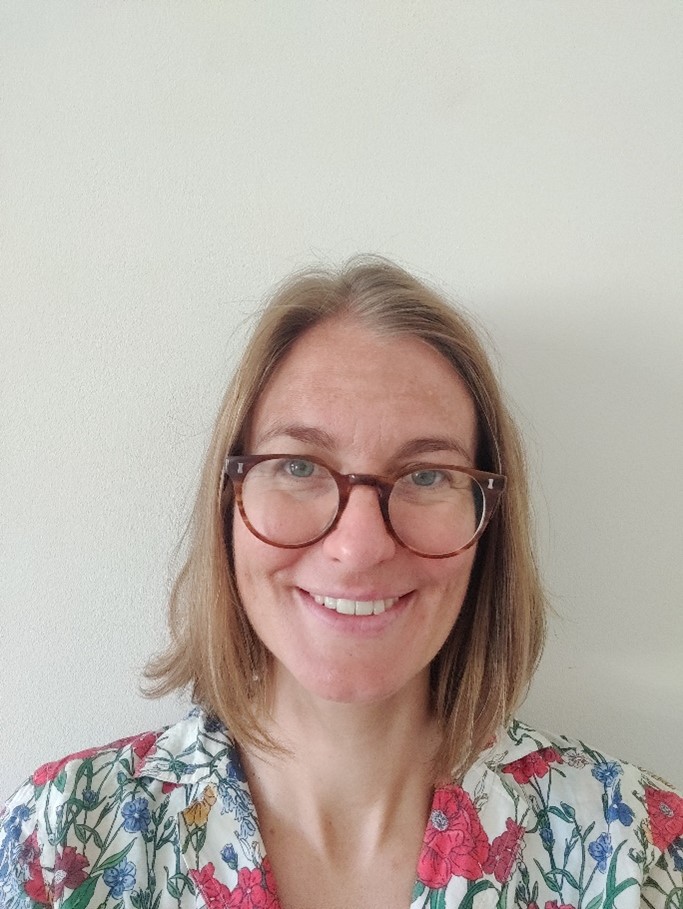
e.quicke@qmul.ac.uk
Supervisor: Prof Iliodromiti
I have been training as an Obstetrics and Gynaecology doctor in North East London for the past five years, and this coming year I will be one of the HARP Pre-Doctoral fellows at QMUL. Throughout the course of my training I have developed an interest in high risk Obstetrics and especially how health inequalities can impact maternal and peri-natal health outcomes and experiences. I am excited to join this year’s HARP cohort and to work with new colleagues in a programme that supports research in under-represented populations. During this year I will be working within the Women’s health research unit at the Wolfson institute of Population Health alongside undertaking a Masters in Global Public Health and Policy.
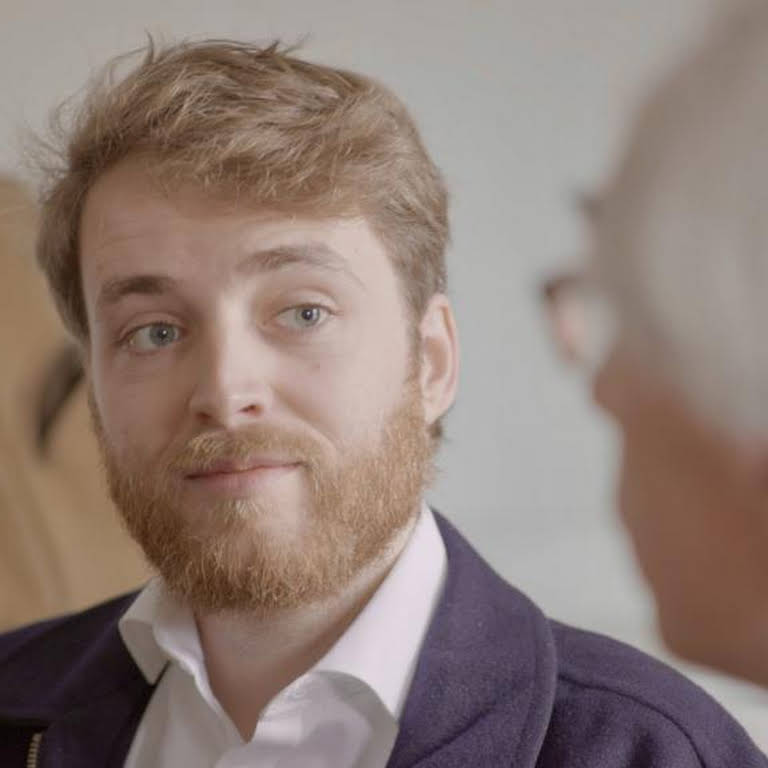
Edward.Walsh@city.ac.uk
Supervisor: Prof Forster
Hello! My name is Edward. I work as a physiotherapist with a particular interest in persistent pain. I was awarded The Elsevier Award for Highest Overall Mark upon graduation in 2017 from University of Plymouth. In the years that followed I have worked at King’s, Imperial and The Royal National Orthopaedic Hospital. I am passionate about optimising care and have carried out audit, service evaluation and even instigated cross site policy change, for instance with the cessation of the universal use of hip precautions following a presentation at the orthopaedic clinical governance meeting at Lewisham and Greenwich NHS Trust. My interest in persistent pain developed as, by definition, it is something we struggle to treat. People living with persistent pain tend to be from demographics underrepresented in research so I am keen to investigate treatment options that are low cost, require little time investment and are readily accessible to all! Fortunately some mindfulness interventions meet these criterion and therefore I am likely to focus my research time in this area.
Cohort 3:

Raphael.Allerton@city.ac.uk
Supervisor: Dr Reynolds
I work as a community dietitian applying nutrition expertise to the management of disease. Within the NHS this has often meant supporting people who are malnourished and considering the factors affecting their access to a healthy and sustainable diet. I have seen the impact that the increase in cost of living has had on access to food and the link to poorer health. I am passionate about better understanding how healthcare professionals can help people who have experienced malnutrition related to food insecurity. My research project will aim to map services in East London and identify groups not accessing these services in order to improve healthcare advice.
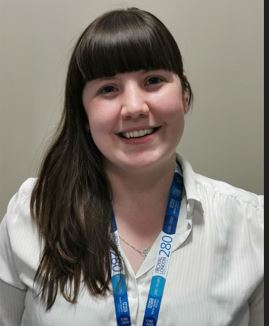
r.astin-chamberlain@qmul.ac.uk
Supervisor: Prof Cole
I am a senior research nurse in the emergency departments at Barts Health NHS Trust. I have significant clinical experience in NHS emergency departments and international austere environments. I am exciting to be joining the Centre for Trauma Science in the Blizard Institute at Queen Mary University of London under the supervision of Prof Elaine Cole. Recent research has identified disparities in the trauma care received by older adults and women in the UK, this has allowed guidance to be implemented to alleviate some of these inequalities. Characteristics such as ethnicity, disability, gender identity or sexual orientation and socioeconomic background are under-reported in patients’ who suffer injuries from major trauma and are potentially underrepresented in research populations. My PhD is aiming to understand the potential health inequalities where risks of injury, access to treatment, experience of care and quality of life during recovery may differ according to the diverse characteristics of our patients after major trauma.
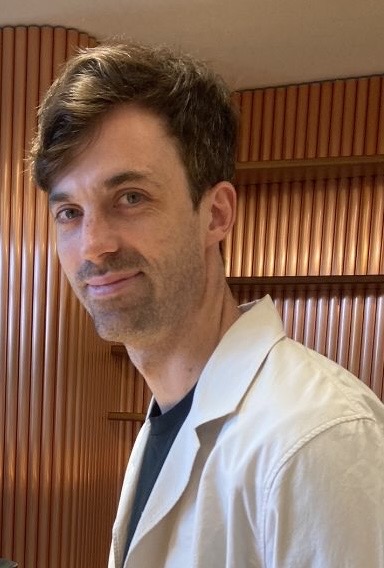
s.carlson@qmul.ac.uk
Supervisor: Dr McCarthy
I am a gastroenterology registrar based in London with an interest in Inflammatory bowel disease (IBD). Prior to obtaining my HARP PhD fellowship I worked as an academic clinical fellow in the McCarthy group at the Centre for Immunobiology, Blizard Institute. During this time I developed my project on the role of Candida albicans in IBD. Historically IBD was thought to predominantly affect white European populations, however the rates of IBD in UK resident South Asians are increasing dramatically with a more severe course. The cause for this change is unknown, but “Westernisation” of the gut microbiome is presumed to be the critical. There is growing evidence that Candida albicans, a fungus that lives in a majority of human intestines, is associated with IBD and linked to disease activity. I hypothesize that the increased severity of IBD in UK resident South Asians is associated with the extent of gut Candida damage and immune pathway activation in mucosal tissues. I aim to demonstrate this by building a “mini-gut” model of intestinal barrier damage to our Candida isolates, with the ultimate goal of incorporating anti-fungal antibodies with therapeutic and diagnostic potential into the models.
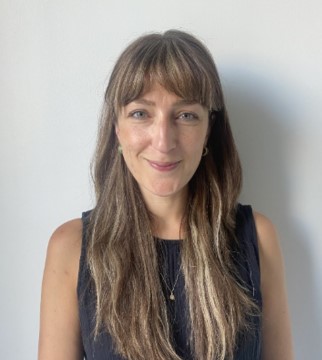
s.nazeer@qmul.ac.uk
Supervisor: Dr Puthucheary
I am a critical care physiotherapist currently working as a research therapist in the Critical Care and Peri-Operative Medicine Group based at The Royal London Hospital. For over a decade I have worked in East London, seeing first-hand how our healthcare system falls short on occasion to support the needs of our community. I want to understand how to change systems to meet the needs of the East London community and to be part of that change. Specifically, I want to understand how to support survivors of a critical illness to engage with services to improve their quality of life. During my pre-doctoral year with HARP I will acquire the necessary skills and experiential learning so that I can identify the critical illness survivors from underrepresented populations that we are at risk of not engaging and start the process of understanding why we are failing to engage certain populations with the ambition to eventually empower these populations to navigate healthcare systems, improving their outcomes.
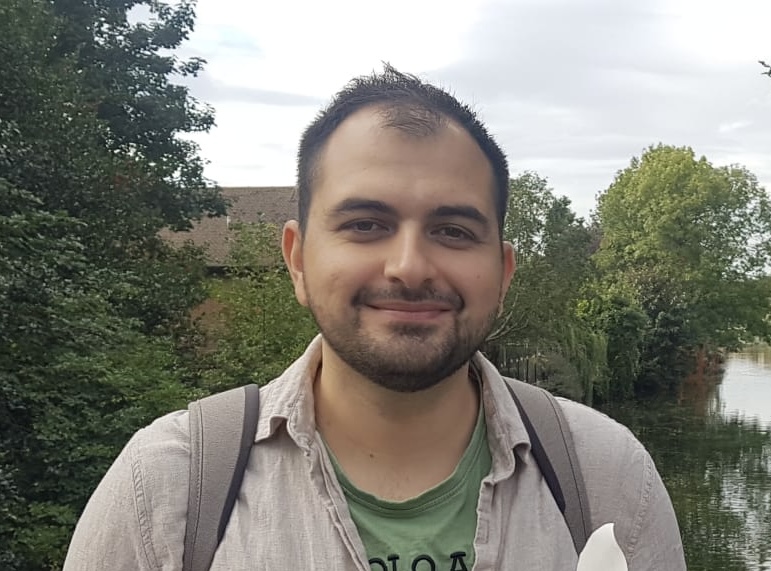
k.gregoriou@qmul.ac.uk
Supervisor: Prof Chan
I am a paediatric registrar in my third year of training in North East Central London, with a special interest in paediatric endocrinology. Unfortunately a lot of children and young people living with endocrine disorders are underrepresented and face healthcare inequalities due to the nature of these disorders. Many endocrine conditions affecting children and young people are rare, with current mainstays of treatment being inadequate in terms of their efficacy, potential side effect profile and burden on quality of life. One of these disorders is Familial Glucocorticoid Deficiency (FGD), causing adrenal insufficiency from the neonatal period. I want to challenge this inequality and improve the quality of treatment and life that is possible for these children and young people. With the advancement of molecular biology in recent years, the understanding of the mechanisms of disease for many endocrine disorders including FGD has been established. I am therefore thrilled to be joining HARP as a pre-doctoral fellow in order to develop my skills and knowledge in molecular biology though joining the Chan lab at the Centre for Endocrinology, QMUL. I plan to utilise these skills and knowledge and work on creating an effective gene therapy that can be a curative option for children and young people suffering from FGD.
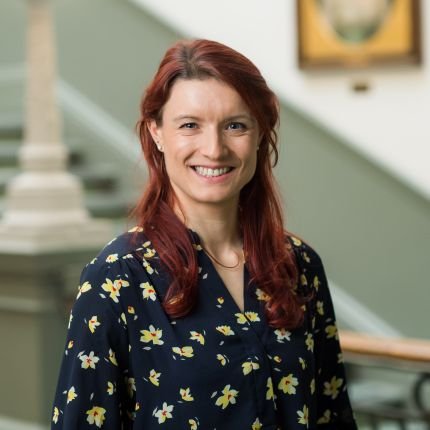
j.pawson@qmul.ac.uk
Supervisor: Prof Sheehan
I am a Physiotherapist with a decade’s experience working in East London. I have specialised in Musculoskeletal Physiotherapy, working with people with injuries or pain in muscles, bones, and joints. I am also experienced in delivering clinical research studies, I previously led the Orthopaedic research team at Barts Health NHS Trust delivering Orthopaedic surgical and Rehabilitation trials. My clinical experience has led to my interest in how patients from different backgrounds engage with health services, physiotherapy in particular. I am very interested in how we provide equitable care for patients with different needs and how research can help to support service changes. I recently completed a Masters in Public Health at Brunel University which helped me to broaden my understanding of topics such as social determinants of health and behaviour change. My PhD aims to improve access and engagement for ethnic minority groups to Musculoskeletal physiotherapy across East London. I will be investigating this first by looking at what interventions have been used in other health services and what unpublished methods are used in physiotherapy services across the UK. Then I will explore the barriers to engaging with physiotherapy using qualitative focus groups and interviews. Finally, we will bring this all together using co-design methodology and workshops to develop an intervention prototype. Patients and the public will be at the heart of the community embedded research.
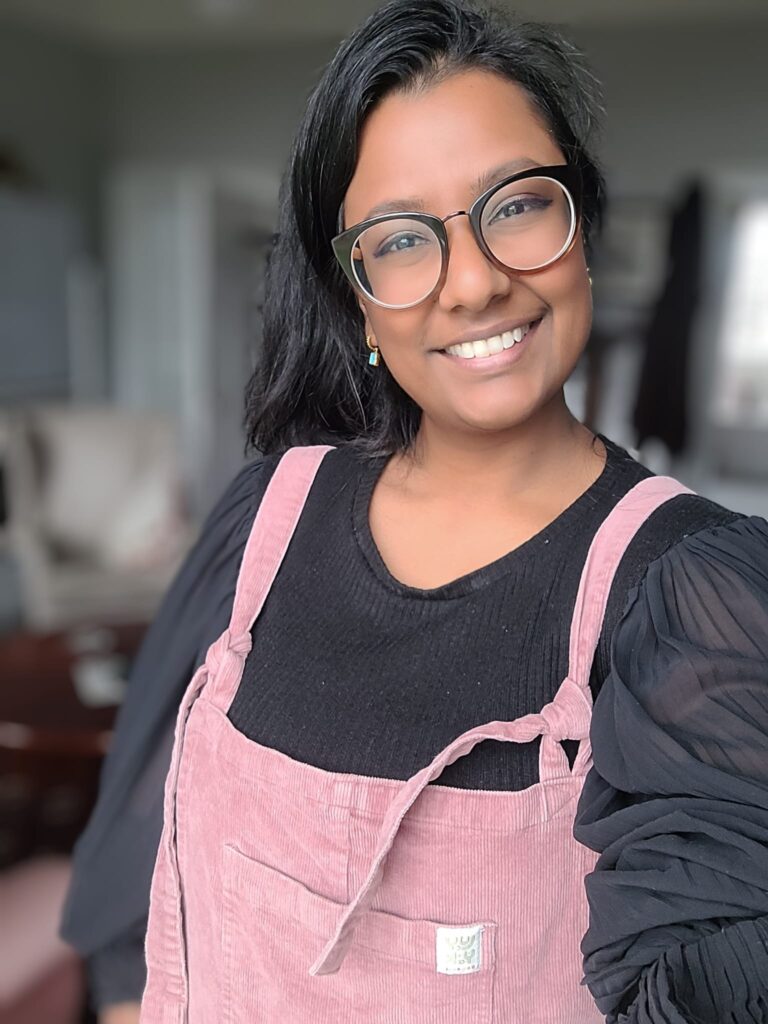
r.varughese@qmul.ac.uk
Supervisor: Dr Howard
I am a Paediatric Endocrinology specialty trainee, training in London. I studied medicine at the University of Oxford. I have achieved most of my research experience alongside clinical posts and am delighted to have been awarded this doctoral fellowship so that I can devote uninterrupted focus to academic endeavours. My PhD project, supervised by Dr Sasha Howard (William Harvey Research Institute Centre for Endocrinology) and Professor Mehul Dattani (UCL Great Ormond Street Institute of Child Health) will address the unmet needs of a population with a rare and underrepresented disease, congenital hypogonadotropic hypogonadism (CHH). I hope to make progress in improving the timely and accurate diagnosis of these patients as well as setting the stage for advancing management options. I am excited to engage with the HARP tailored programme of research education relevant to underrepresented populations and diseases and feel extremely privileged to be given this opportunity.
Cohort 4:
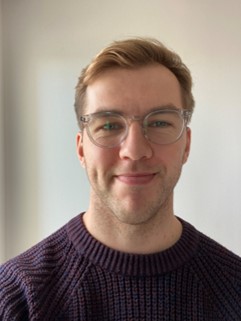
Brad.Begley@citystgeorges.ac.uk
Supervisor: Prof McCabe
I am a social worker and children’s therapist based in East London NHS Foundation Trust. I have degrees in Law, Social Work, Child Therapy and Clinical Research. I have worked as a child protection social worker in the North East of England and as a children’s advocate and therapist in East London. Through my previous employment I have developed a keen interest and passion in supporting the mental health and wellbeing of young people, with a particular focus on refugee and asylum-seeking children. My doctoral research will focus on adapting Solution Focused Brief Therapy for the treatment of common mental health difficulties in Unaccompanied Asylum-Seeking Children (UASC). After adapting the intervention, I aim to test its acceptability and feasibility with UASC within Child and Adolescent Mental Health clinics in the NHS. I am most excited about developing this project alongside a group of experts by lived experience. Together we will aim to reduce health inequalities faced by this population.
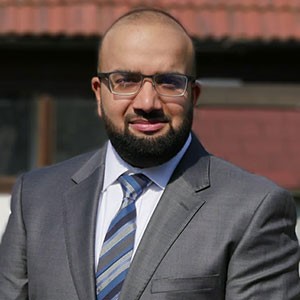
uchaudhr@citystgeorges.ac.uk
Supervisor: Prof Owen
I am a GP and a clinical teaching fellow, having completed an Academic Clinical Fellowship at City St George’s and an MSc in Clinical Education. Alongside a focus on public / population health and health inequalities, my current research interests are on diabetes complications, especially in South Asian and Black ethnic populations. During my PhD, I will use qualitative and quantitative methods to study diabetes complication risks among these groups who are at high risk. I will explore patient and clinician perceptions, and co-design a communication guide, working closely with South Asian and Black ethnic communities, in addition to stakeholders, to ensure the research is impactful and findings are widely disseminated.

leah.cox@qmul.ac.uk
Supervisor: Prof Alazawi
I am currently undertaking a Pre-doctoral Clinical Research Fellowship at Queen Mary University of London, under the supervision of Professor William Alazawi. I continue to work as a Specialist Hepatology Dietitian at the Royal London Hospital, part of Barts Health NHS Trust. I am also a Lecturer on the PENG Clinical Update Course at Queen Margaret University in Edinburgh. I graduated as a Dietitian from Coventry University in 2016 with a First Class Honors Degree. I have worked in both the Midlands (South Warwickshire NHS Foundation Trust and University Hospitals Birmingham) and London (King’s College Hospital NHS Trust and Barts Health NHS Trust). Throughout my career, I have primarily worked in the settings of gastroenterology and hepatology but have also worked in intensive care and intestinal failure, including cytoreductive surgery. During my time at King’s College Hospital, I established a trust-wide Oncology Prehabilitation service, developed a prehabilitation app and presented my work at national and international conferences. More recently, I was awarded “Best Oral Presentation” at the British Association of the Study of the Liver conference in October 2024, for the development of a MDT pathway which led to improved patients outcomes for patients with decompensated liver disease.
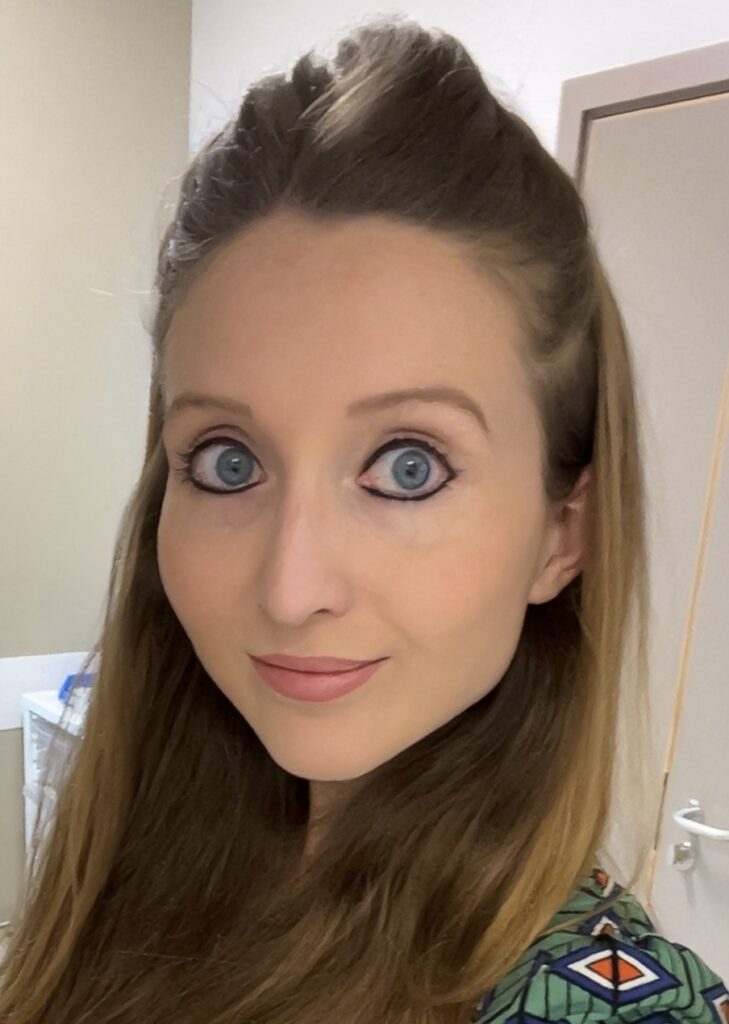
anna.dunnigan@qmul.ac.uk
Supervisor: Prof Kelsell
I am a Dermatology Specialty Registrar and NIHR Academic Clinical Fellow based in London. My research focuses on rare inherited cardiocutaneous syndromes caused by sequence variants in the desmoplakin gene, which encodes a crucial structural protein linking the skin and the heart. These conditions can have devastating consequences, including sudden cardiac death in young people, yet remain under-researched and under-represented in clinical practice. By combining novel mouse models, human cell culture systems and cutting-edge omics technologies, my work aims to uncover the molecular mechanisms driving disease and pave the way for targeted therapies that will improve outcomes for patients.
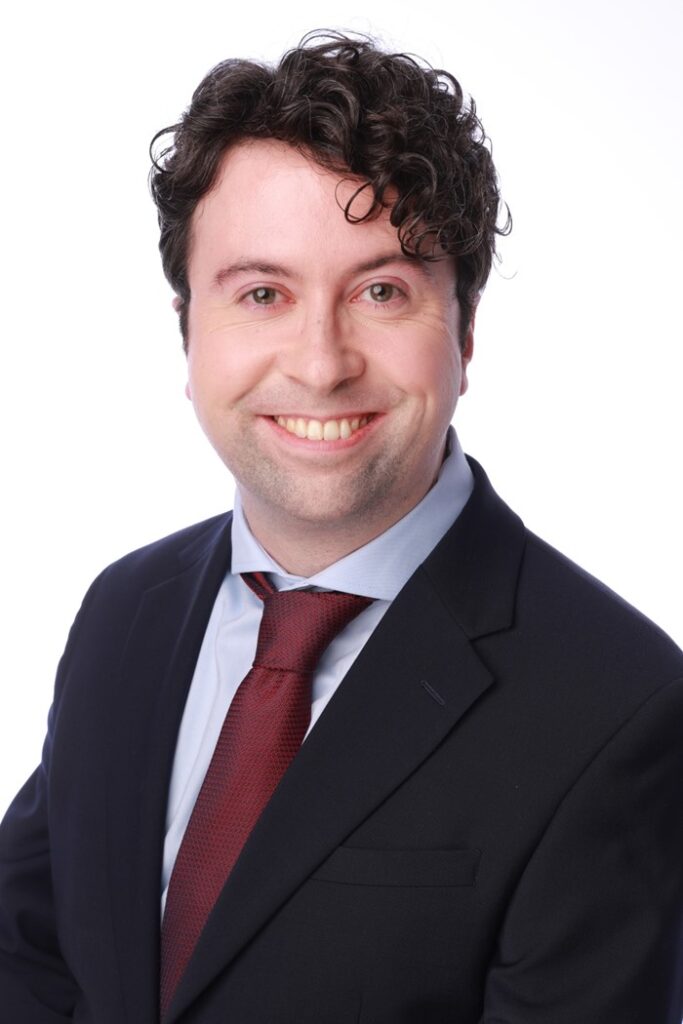
b.p.finn@qmul.ac.uk
Supervisor: Dr Gaston-Massuet
I am a paediatric endocrinology specialist registrar (ST7) based in London, having moved from Ireland in Sept 2023 under the GRID UK training scheme. I am incredibly priviledged to have been awarded this opportunity under the HARP programme to pursue a PhD exploring disease progression and novel therapeutics in craniopharyngiomas using murine models at the William Harvey Research Institute at Queen Mary University London. My PhD project under Dr Carles Gaston-Massuet at Barts is focused on understanding how craniopharyngioma tumours form secondary to adenomatous polyposis coli (a tumour suppressor gene) mutations. My previous research experience has been both lab based at the Centre for Research in Vascular Biology at University College Cork and clinical with a masters in medical research under Prof Eugene Dempsey at the INFANT centre in Ireland. During the first two years of my paediatric endocrinology subspecialist training at Great Ormond Street Children’s Hospital, I gained first hand experience of the horrific sequelae of craniopharyngiomas, a type of hypothalamic-pituitary axis brain tumour. For our patients, treatments are limited to operative interventions and radiotherapy with a high rate of disease recurrence. For those children who do survive, they face hypothalamic obesity, blindness and hormone deficiencies. Our goal is to extensively phenotype this tumour’s formation in a novel murine model available in our host lab. We will then test two novel therapeutics as well as carry out genotype-phenotype correlation studies to better guide clinical management e.g. MRI surveillance, radiotherapy dosing.

k.gregoriou@qmul.ac.uk
Supervisor: Prof Chan
I am a paediatric registrar in my third year of training in North East Central London, with a special interest in paediatric endocrinology. Unfortunately a lot of children and young people living with endocrine disorders are underrepresented and face healthcare inequalities due to the nature of these disorders. Many endocrine conditions affecting children and young people are rare, with current mainstays of treatment being inadequate in terms of their efficacy, potential side effect profile and burden on quality of life. One of these disorders is Familial Glucocorticoid Deficiency (FGD), causing adrenal insufficiency from the neonatal period. I want to challenge this inequality and improve the quality of treatment and life that is possible for these children and young people. With the advancement of molecular biology in recent years, the understanding of the mechanisms of disease for many endocrine disorders including FGD has been established. I am therefore thrilled to be joining HARP as a pre-doctoral fellow in order to develop my skills and knowledge in molecular biology though joining the Chan lab at the Centre for Endocrinology, QMUL. I plan to utilise these skills and knowledge and work on creating an effective gene therapy that can be a curative option for children and young people suffering from FGD.
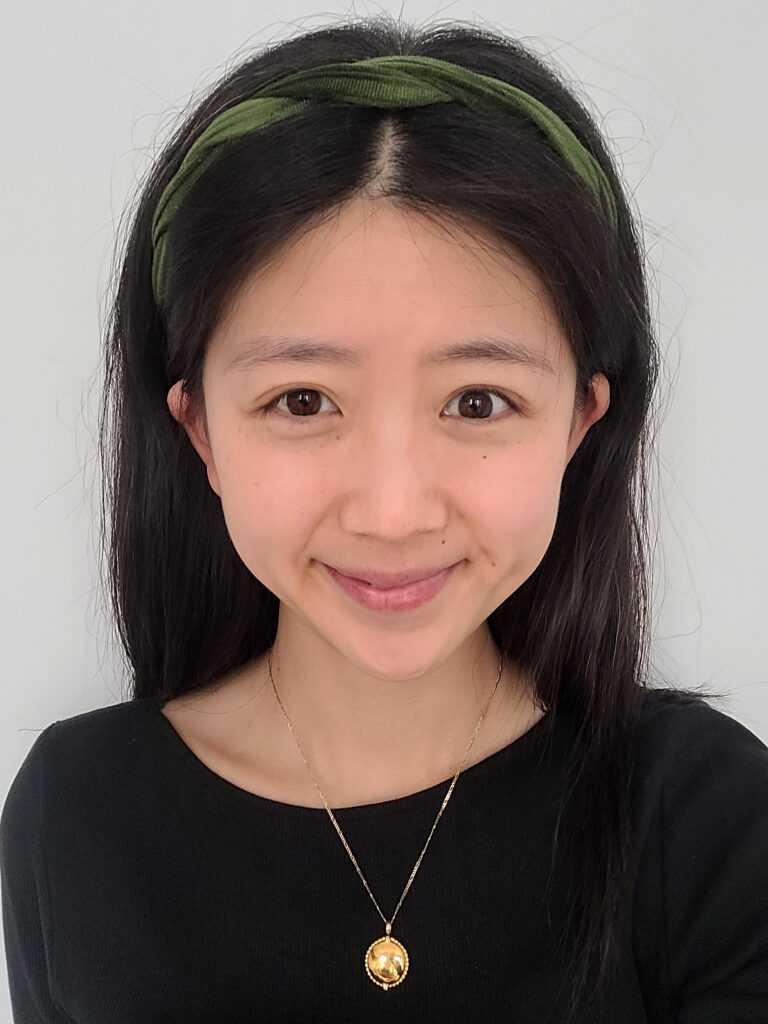
c.h.hsu@qmul.ac.uk
Supervisor: Prof Alazawi
I am a hepatology registrar training in North West London, having completed my primary degree at the University of Cambridge. I feel privileged and excited to join the HARP programme as a PhD fellow in order to study the genetics of metabolic dysfunction-associated steatotic liver disease (MASLD) in South Asian individuals. I have always had a passion for hepatology, drawn by the breadth of pathology as well as the multi-system nature of advanced liver disease. While rare liver conditions are fascinating to diagnose and manage, the pressing public health concern is MASLD, which affects 25% of the UK population. Studies have shown those of South Asian ethnicity are affected by a more aggressive form, with onset at a younger age and lower body-mass index. The pathogenesis is poorly understood, but the answer may lie in genetics. My group has conducted a GWAS using the Genes & Health cohort to identify a novel locus on chromosome 11 that is associated with MASLD in British Bangladeshi and Pakistani individuals. I will be studying this locus in greater detail through computational, laboratory and clinical techniques. My work will improve our understanding of the different phenotypes of MASLD and ultimately move us towards delivering more effective care for these high-risk individuals.
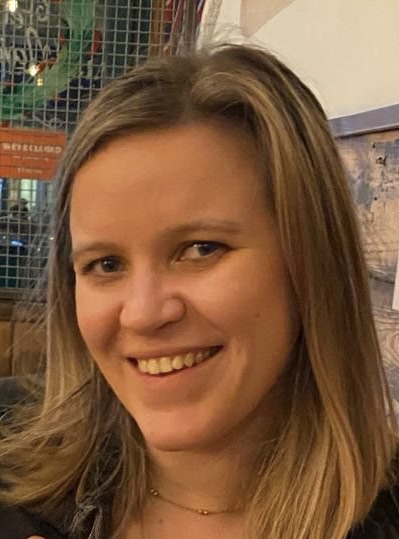
e.omahony@qmul.ac.uk
Supervisor: Prof Prendergast
I am a paediatric registrar working in London, with an interest in infectious diseases and global health. My research will be based in Zimbabwe focusing on low birthweight infants in rural settings. There is little evidence around the efficacy of vaccinations in low birthweight or malnourished infants, especially for the pneumococcal conjugate vaccine. I am excited to start this Fellowship and explore the relationship between low birthweight and response to pneumococcal conjugate vaccines across the first year of life.

elaine.parker@qmul.ac.uk
Supervisor: Prof Prendergast
I am a specialist registrar in Gastroenterology and Hepatology working in East London, with an interest in maternal Hepatitis B virus (HBV) infection in the Global South. I studied Medicine at Durham and Newcastle Universities. Following foundation training I undertook an MSc in Tropical Medicine and International Health at the LSHTM which lead to a year working at Washington University in St Louis on lab-based research projects looking at maternal Zika virus infection and the potential role of the placental microbiome. In the last three years, as part of my NIHR funded Academic Clinical Fellowship, I have been working with Professor Andrew Prendergast investigating the impact of in-utero and peripartum HBV exposure on infant morbidity in Zimbabwe. My PhD will continue this research in Zimbabwe, with Prof Prendergast and Dr Upkar Gill, exploring the impact of HBV on both mothers and their infants as well as the potential significance of occult HBV infection. Viral hepatitis ranks equal as the second leading cause of global infectious disease mortality and most of these deaths occur amongst young people. HBV has a global prevalence 6-times that of HIV and despite the high burden of disease affecting sub Saharan Africa, this region is still significantly underrepresented in global data. I am excited to begin this HARP fellowship and to continue to understand the burden of this underrepresented disease in this underserved population.
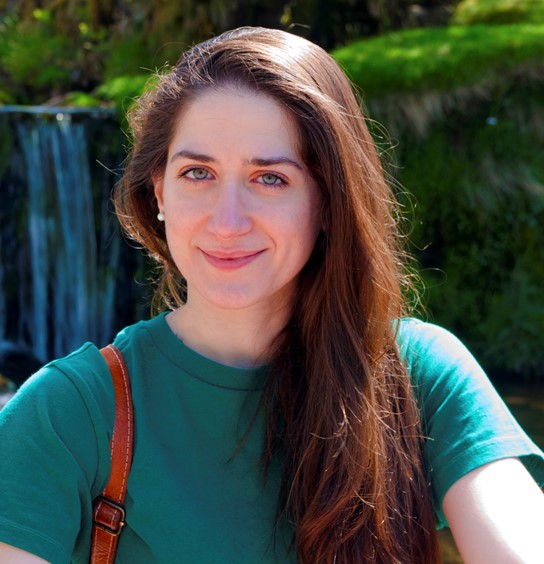
a.perogiannaki@smd25.qmul.ac.uk
Supervisor: Dr Gevers
I am a paediatric endocrinology and diabetes subspecialty trainee in Leeds, having previously trained in general paediatrics in South London. I was born in Athens and studied medicine in Ioannina, a beautiful city in northwestern Greece. Like many trainees, my journey has not followed a straight line. I’ve taken time out to pursue experiences that have shaped my interests and future direction—including a six-month role in paediatric endocrinology at UCLH that confirmed my passion for the specialty and a one-year role as a Paediatric Clinical Research Fellow at Royal London Hospital. I am drawn to Endocrinology for its complexity, the need for precision, and the long-term relationships formed with patients and families. As my career progressed, I began to think more critically about my future and how I could contribute meaningfully to the field. I want to deepen my understanding of the evidence behind our treatments and be part of advancing care for children with rare endocrine conditions. I am excited to join HARP as a pre-doctoral fellow to explore the use of parathyroid hormone (PTH) infusion pump therapy and calcium monitoring in autosomal dominant hypocalcaemia type 1 (ADH1), along with completing the Clinical Endocrinology MSc at QMUL. This opportunity will allow me to build the academic skills needed to develop a PhD proposal and contribute to more personalised and effective treatments for children with this rare condition.
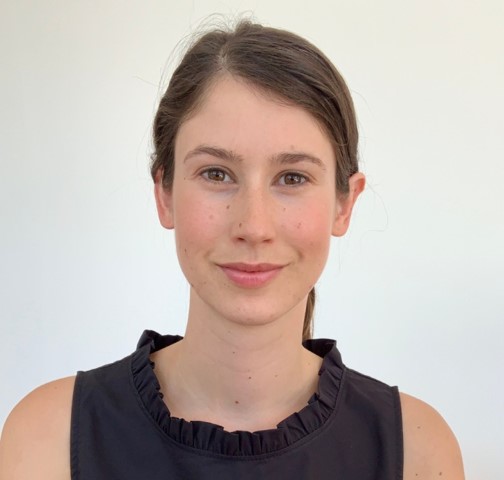
rachel.preston.3@citystgeorges.ac.uk
Supervisor: Prof Botting
I have worked in the NHS as a paediatric Speech and Language Therapist since qualifying in 2020. I have an interest in early language development and the impact of language difficulties on a child’s long term outcomes. My pre-doctoral fellowship will explore the effects of Covid lockdowns on the language and cognitive development of socially disadvantaged children born in the pandemic.
